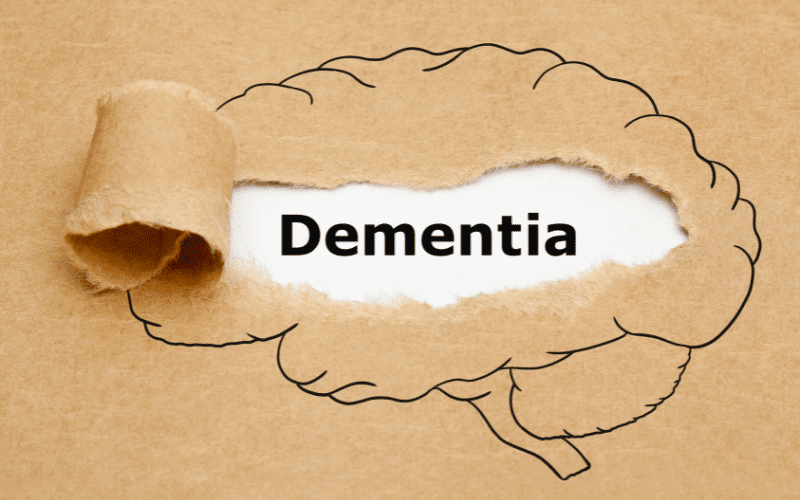FAQs About Vascular Dementia
Advertisements
 Advertisements
Advertisements
1. What is Vascular Dementia (VaD)?
Vascular Dementia (VaD) is a general term describing problems with reasoning, planning, judgment, memory, and other thought processes caused by brain damage from impaired blood flow to the brain. It’s the second most common cause of dementia after Alzheimer’s disease.
2. What are the main symptoms of Vascular Dementia?
The symptoms of vascular dementia can include memory loss, confusion, trouble concentrating, problems with speech or language, visual perception issues, difficulty planning and organizing, problems with decision-making, difficulty in balance or movement, and mood or behavioral changes.
3. How is Vascular Dementia diagnosed?
Vascular dementia is diagnosed based on the patient’s symptoms and a series of neurological examinations, including physical and cognitive tests. Imaging tests such as MRI and CT scans can also be used to identify brain changes linked to Vascular Dementia.
4. How is Vascular Dementia treated?
While there is no cure for vascular dementia, the focus of treatment is on managing symptoms and attempting to slow down its progression. This may include medications to treat memory symptoms, physical therapy for movement problems, and cognitive therapy for mental function issues.
5. What causes Vascular Dementia?
Vascular dementia is caused by conditions that damage your brain’s blood vessels, leading to a decrease in blood flow to your brain. This reduced blood flow can deprive brain cells of oxygen and nutrients, leading to cell death and brain damage.
Conclusion: Navigating the Journey with Vascular Dementia
In conclusion, vascular dementia is a challenging condition that manifests in various symptoms ranging from cognitive decline to physical difficulties, mood changes, and sleep disturbances. Recognizing these symptoms early can help in seeking prompt medical intervention and applying effective management strategies.
While living with vascular dementia can be complex and demanding, understanding the disease and its manifestations can significantly help individuals and their loved ones navigate this journey. With the right support, it’s possible to maintain a certain quality of life and manage the symptoms to the best extent possible.
Remember, every journey with vascular dementia is unique, and there is no one-size-fits-all solution. It’s essential to approach it with patience, understanding, and compassion, seeking help when needed, and taking one day at a time. Whether you are living with vascular dementia or caring for someone who is, you are not alone. Resources and support are available, and they can make this journey more manageable.
Ultimately, living with vascular dementia is not about the destination, but the journey. And with each challenge comes an opportunity to learn, grow, and discover resilience and strength that one might never have known they had.